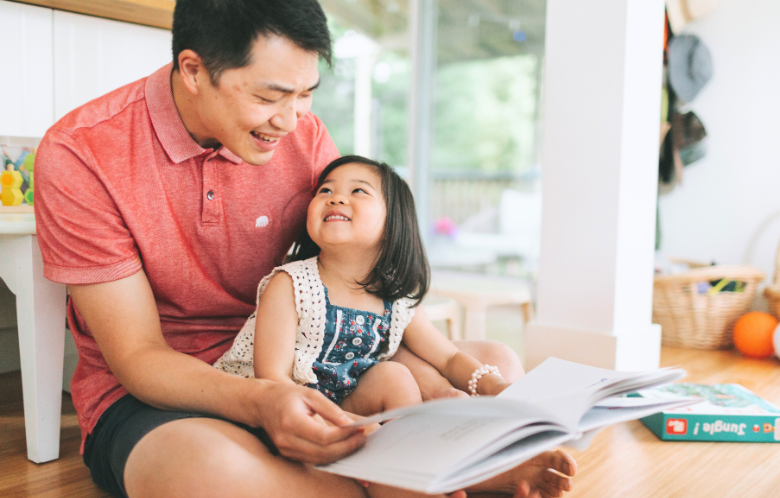Reading is a fundamental skill that opens doors to knowledge, imagination, and lifelong learning. For children, finding the right books can make all the difference in fostering a love for reading. When a child can read a book independently, it builds their confidence and progressively improves their reading skills.
Library staff who work with children play a crucial role in guiding young readers on their literary journey, but they also face the challenge of finding books for children that match their interests and reading level.
Benefits of Reading Confidence
Children are more likely to enjoy reading when they can understand and engage with the material. Practicing reading books (especially at an appropriate level) helps build reading fluency and comprehension, as children can focus on understanding the content rather than struggling with difficult words or concepts.
Understanding Leveled Reading
Leveled reading is a method of categorizing books based on their difficulty. The goal is for children to find texts that are neither too easy nor too challenging.
Various leveling systems exist, such as Lexile and Accelerated Reader. Each system uses different criteria, including vocabulary, sentence complexity, and text structure, to determine a book’s level. Leveled reading provides a way for children and educators to quickly and easily find books that are “just right” for a child’s abilities.
The Importance of Reading Choice
If only providing great reading recommendations came down to picking a book that’s the perfect reading level for the child! In reality, we must also balance reader interest with reading level as studies have shown children are more motivated to read when they choose their own materials. Here are some ways you can help young readers with finding books that they want to read (and can read) on their own:
-
Ask Questions: Engage children in conversations about their interests and favorite books to gauge their comfort level with different texts. Ask the child how they felt about the book after reading a few pages. Encourage children to try different books. Let them know that it’s okay to put a book back if it’s not the right fit.
- Reading Behavior: Pay attention to how children interact with books. Are they struggling with words or breezing through pages? Try the “Five Finger Rule”. Have the child read a page from a book they are interested in. For each word they don’t know, they raise a finger. If they only raise one finger or none at all, the book is too easy. If they raise two to three fingers, then the book is just right. Four to five fingers means the book might be too challenging.
-
Series and Authors: Recommend popular series or authors who are known for their appeal to specific reading levels. (Think Elephant and Piggie for beginning readers and Dragon Masters for early chapter books). Wichita Public Library helps young readers, and their caretakers, find “just right” books on their website Supporting Developing Readers.
-
Use NoveList Plus to Help with Guided Selection: Recommending books to readers is a core part of a library’s mission. Offer guidance and suggestions based on a child’s interests and reading level without being overly prescriptive. NoveList Plus makes it easy to search for books by level AND by topic or appeal. For example, you can search NoveList by appeal terms (to find books by mood such as "funny" or "scary") and combine that with the appropriate reading level. You can also search by Lexile or Accelerated Reader and use filters to make personalized reading recommendations. Use the NoveList Search Strategy to Find Books by Reading Level and also by grade level or page number. And if you have NoveList Select, you can not only quickly discover great read-alikes for titles, authors, and series kids love, but also search by Lexile level, or Accelerated Reader score, all from within your catalog.
-
Curating a Leveled Reading Collection: Organizing your library’s collection by reading levels can make it easier for children to find suitable books. Consider creating sections or displays for different reading levels. Select and showcase high-quality decodable books. It’s also important to include a diverse range of books that reflect various cultures, experiences, and genres. Popular series and authors can be great additions to your leveled reading collection. Don’t forget to provide a variety of formats including audiobooks, read-alongs, large print, and illustrated books.
- Supporting Developing Readers: Not all children progress at the same pace, and some may face challenges in their reading journey. Identifying signs of reading difficulties early on is crucial for providing the necessary support. Along with decodable books, consider adding books to your collection for kids with dyslexia by theme and also those that are printed in dyslexia-friendly fonts. Creating a supportive and inclusive reading environment, where children feel comfortable seeking help, is essential for their success.
April Mazza is Learning Engagement Specialist for NoveList. She is currently reading The God of the Woods by Liz Moore.



